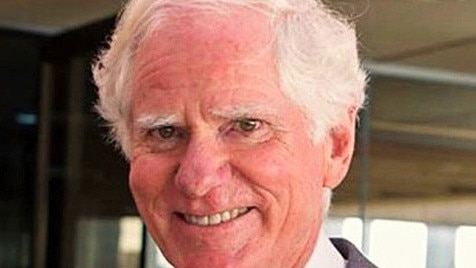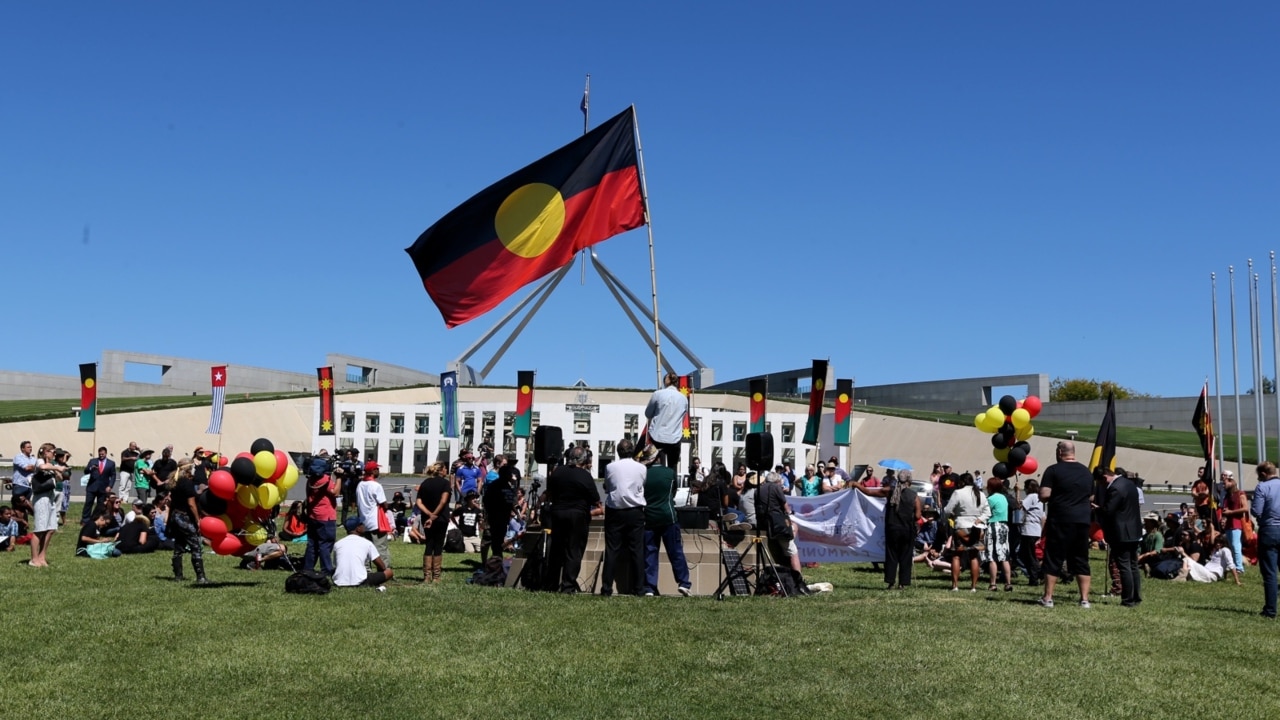Former judge says native title pacts ‘effectively treaties’
A former Federal Court judge says broad agreements between Indigenous Australians and state governments to settle native title claims are effectively treaties.

Broad agreements between Indigenous Australians and state governments to settle native title claims are effectively treaties and they are the future of land rights deals, says former Federal Court judge Michael Barker QC.
Mr Barker, who delivered landmark decisions on land rights during a decade on the Federal Court, told lawyers in Perth that Australia already had a system of treaties in place and “we should call them what they are”.
He considered the West Australian government’s $500m native title settlement with the Yamatji people of the midwest to be a treaty. Starting in 2021, the deal will ultimately deliver $325m in cash to a Yamatji trust as well as commercial property, access to housing for sale, lease or development, revenue from mining, funding for business development and to develop water resources.
“We do need some big solutions to these issues. We do need regional agreements and let’s call them treaties,” he said.
“Let’s overcome these questions about just how much money: let Australia look at what a full package of a treaty should look like.”
Mr Barker, who retired from the Federal Court in 2019, was speaking to members of the Piddington Society at an event marking 30 years since the Mabo case on Thursday last week.
He said discussions between governments and Indigenous people should go, and had gone, well beyond settling on a lump sum. For example, he believed it was open to governments to excise portions of national parks and hand them back to traditional owners as part of a settlement.

In any case, national parks were already earmarked for future Indigenous management under some agreements.
Mr Barker stressed it was important that Indigenous people were able to have an equal say in the design of the deals.
“The expression co-design is not always well received outside government.
“It is seen as a code for ‘We are going to come in and fix this for you, you will be very grateful’ and we all know how those things end badly so one has to be realistic about what you are doing; but it comes back to having equal if not more powerful negotiating stance on the Indigenous side, not being a mendicant having people who know their way around,” he said.
“Lawyers for example who become involved in negotiating compensation in native title settings are highly sophisticated.”
Mr Barker said the Barnett government entered into a treaty with the Noongar people of the southwest of WA when it struck a $1.3bn deal to settle native title.
“They decided we could fight this forever, it is going to cost us this much money, we will make some lawyers rich while these battles go on, but let’s sit down and be sensible about what the future holds,” he said.
“I think that is the way this has to be resolved. We have to start thinking about how you negotiate treaties. And I suspect that it might be done on a jurisdictional basis to start with.”






To join the conversation, please log in. Don't have an account? Register
Join the conversation, you are commenting as Logout